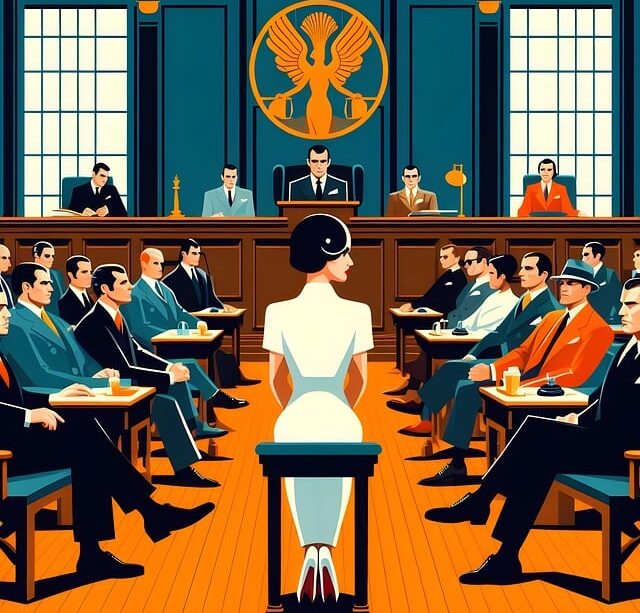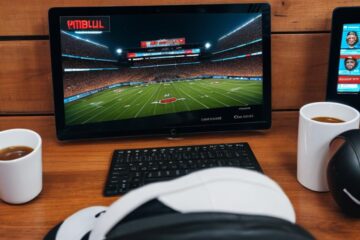C.W. Park USC Lawsuit: An Overview of the Case

In recent months, the academic world has been rocked by the lawsuit involving C.W. Park, a prominent professor at the University of Southern California (USC). This case has garnered significant attention due to the serious allegations and the high-profile nature of the individuals involved. In this article, we will provide an overview of the C.W. Park USC Lawsuit, examining the key events, allegations, and potential implications for the academic community.
Background of C.W. Park
C.W. Park is a well-respected professor of marketing at USC’s Marshall School of Business. Known for his extensive research in consumer behavior and marketing strategy, Park has built a distinguished career over several decades. His work has been published in numerous prestigious journals, and he has received multiple awards for his contributions to the field.
The Allegations
The lawsuit against C.W. Park involves allegations of misconduct that have shocked both the academic and business communities. The specifics of the allegations are still emerging, but they generally revolve around claims of inappropriate behavior and misuse of university resources. These allegations have raised serious questions about the oversight and accountability within academic institutions.
Key Events
- Initial Accusations: The case began when a former student of Park’s filed a complaint with the university, alleging that he had engaged in inappropriate conduct. This complaint prompted an internal investigation by USC.
- Internal Investigation: USC’s investigation revealed several instances of alleged misconduct, leading the university to take disciplinary action against Park. The details of these findings were not publicly disclosed, but they were severe enough to warrant further action.
- Filing of the Lawsuit: Following the internal investigation, the former student decided to file a lawsuit against Park and USC, seeking damages for the alleged harm caused. This lawsuit brought the case into the public eye, attracting widespread media coverage.
Implications for USC
The lawsuit has significant implications for USC and its reputation. As one of the leading universities in the United States, USC prides itself on its academic excellence and integrity. The allegations against Park and the subsequent lawsuit threaten to tarnish the university’s image and raise questions about its handling of such cases.
- Reputation Damage: The publicity surrounding the lawsuit has already begun to damage USC’s reputation. Potential students, faculty, and donors may reconsider their association with the university if they perceive a lack of accountability and oversight.
- Policy Revisions: In response to the lawsuit, USC may need to review and revise its policies and procedures related to misconduct allegations. This could involve implementing more stringent oversight mechanisms and ensuring that complaints are handled promptly and fairly.
- Financial Impact: The lawsuit could also have financial implications for USC. Legal fees, potential settlements, and loss of donations could all affect the university’s budget and financial stability.
Broader Implications for Academia
The C.W. Park USC lawsuit also highlights broader issues within academia, particularly regarding the handling of misconduct allegations. It underscores the need for:
- Transparency and Accountability: Universities must be transparent in their handling of misconduct allegations and ensure that there are clear accountability mechanisms in place.
- Support for Victims: Institutions must provide adequate support for victims of misconduct, ensuring that their complaints are taken seriously and that they receive the necessary assistance.
- Cultural Change: There needs to be a cultural shift within academia to address issues of misconduct and create an environment where such behavior is not tolerated.
Conclusion
The C.W. Park USC lawsuit is a significant case that has far-reaching implications for both USC and the broader academic community. As the case unfolds, it will be important to monitor the developments and consider the lessons that can be learned to prevent similar incidents in the future. By addressing these issues head-on, universities can work towards creating a safer and more accountable academic environment.








